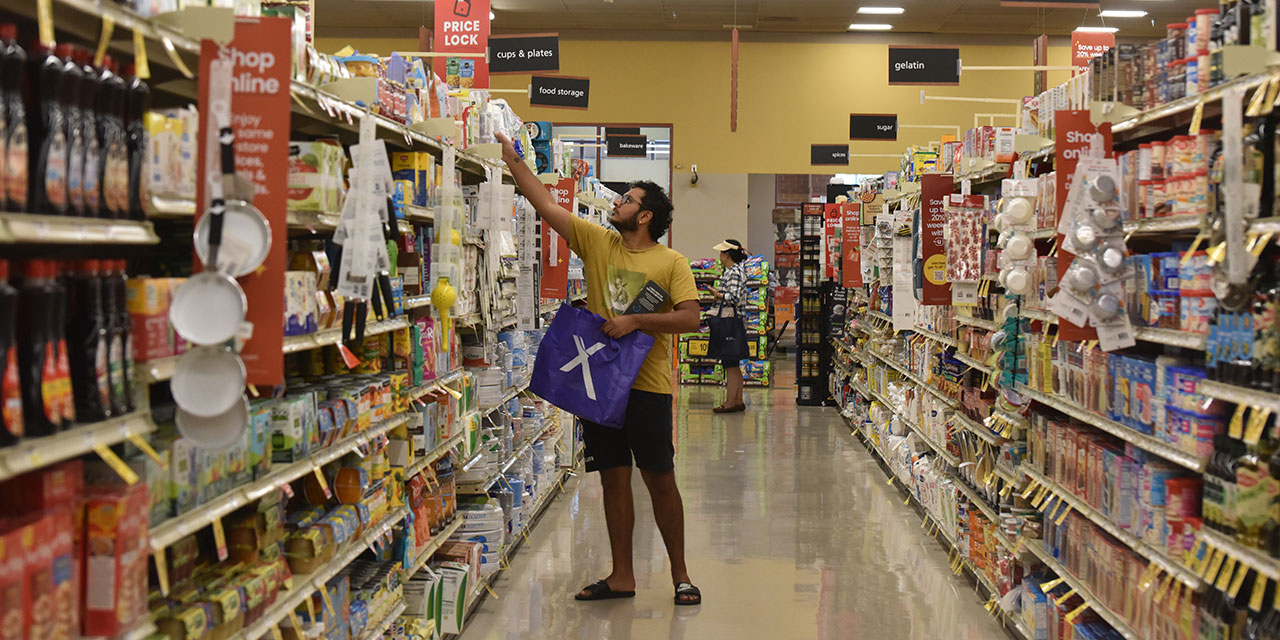
A growing segment of America’s intelligentsia believes that nearly every national problem stems from “corporate power.” In their view, greedy corporations are bankrupting family businesses, corrupting the political system, and driving up prices. Only big government, they argue, can counter the rise of corporate “oligarchy.”
Zephyr Teachout, a leader of the soi-disant “anti-oligarchy” crowd, dismissed criticism of Zohran Mamdani’s public grocery store plan in the New York Times on Tuesday. She insisted that America’s food system “is rigged in favor of big retailers and suppliers in several ways” that drive up prices for consumers. But her argument is incoherent.
Finally, a reason to check your email.
Sign up for our free newsletter today.
A casual Times reader might be surprised to learn that, early in an article about how big companies are supposedly raising prices, Teachout notes that a dozen eggs at a national retailer near her home cost $3.99, compared with $5.99 at a nearby independent supermarket. She cites a $3 price gap in favor of the big retailer for cereal.
In other words, Teachout is forced to admit that large retailers offer customers better deals. Had she stopped there, she might have rediscovered what economists have known for centuries: economies of scale often allow larger firms to operate more efficiently and charge lower prices.
Through an impressive intellectual sleight-of-hand, Teachout claims that low prices at big retailers are somehow the cause of high prices elsewhere. “Big retailers often flex their muscles to demand special deals [from food suppliers],” she writes. “To make up the difference, suppliers then charge the smaller stores more.”
But one of the basic truths of economics is that businesses charge the price that maximizes profit. They don’t overcharge one group to “make up” for offering discounts to another. Why would suppliers suddenly reduce prices for independent retailers if they could charge more to big retailers? They wouldn’t, and they don’t.
Teachout nevertheless claims that these “discounts are . . . a major reason that prices are so insane.” It’s almost too obvious to state, but discounts are not a reason prices are high. And even if such deals did somehow drive up prices at small retailers, by her own logic, they would lower prices at the big ones—leaving the consumer no worse off.
Teachout’s argument implies that big grocery stores are swimming in unearned profits. Yet grocery stores have some of the smallest profit margins as a proportion of sales of any economic sector. Chain grocery stores’ after-tax profit margins hit a post-Covid low of 1.5 percent last year and have dropped continuously over the last four years, even as inflation rose. In fact, chain stores’ profit margins are close to those of independent groceries, indicating that no part of the sector is swimming in cash that government can swoop in and extract.
Teachout (and Mamdani) are falling prey to the same delusion that afflicts many consumers. According to Supermarket News, surveyed shoppers thought grocery stores generated profit margins of around 35 percent—about 20 times the actual level.
Beyond proposing public-sector wholesale centers for small grocers, Teachout suggests that New York City “police price gouging,” since it “has a strong price gouging law on the books.” Ironically, if the city enforced those laws, it would mostly target the higher prices of independent grocery stores—the very businesses she claims to support.
More fundamentally, Teachout is arguing that both corporate discounts and corporate price increases are bad. Instead of allowing the market to set prices, she seems to want only steady prices at what an intellectual deems fair and appropriate levels. The result of such a policy would be a system unresponsive to supply and demand, with regular shortages.
Both chain and independent grocery stores are essential components of New York City’s economy. They deserve neither the special solicitude nor opprobrium of city government. Yet there’s one policy that would likely damage both big and small retailers: public grocery stores. That’s why the United Bodegas of America, composed of small food shops, and supermarket mogul John Catsimatidis have joined forces to oppose the plan. Teachout didn’t mention that.
Photo by Sha Hanting/China News Service/VCG via Getty Images
City Journal is a publication of the Manhattan Institute for Policy Research (MI), a leading free-market think tank. Are you interested in supporting the magazine? As a 501(c)(3) nonprofit, donations in support of MI and City Journal are fully tax-deductible as provided by law (EIN #13-2912529).
Source link


















